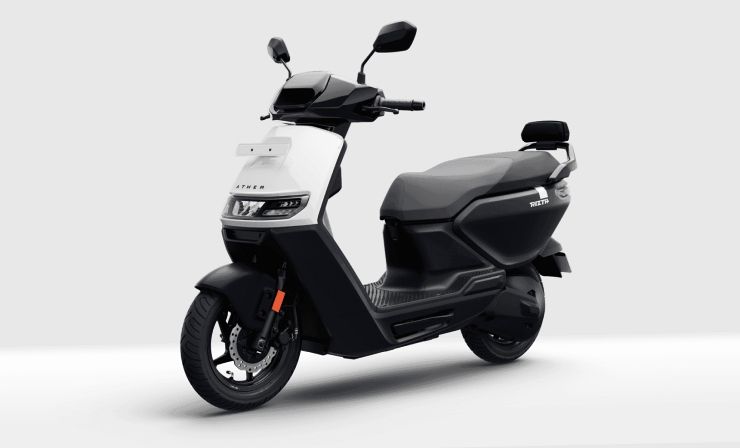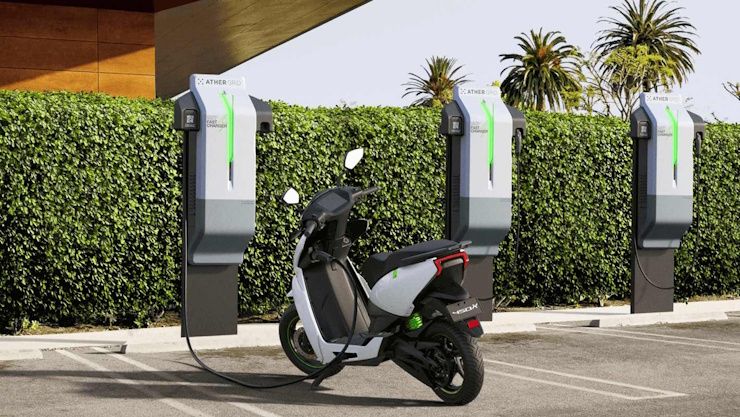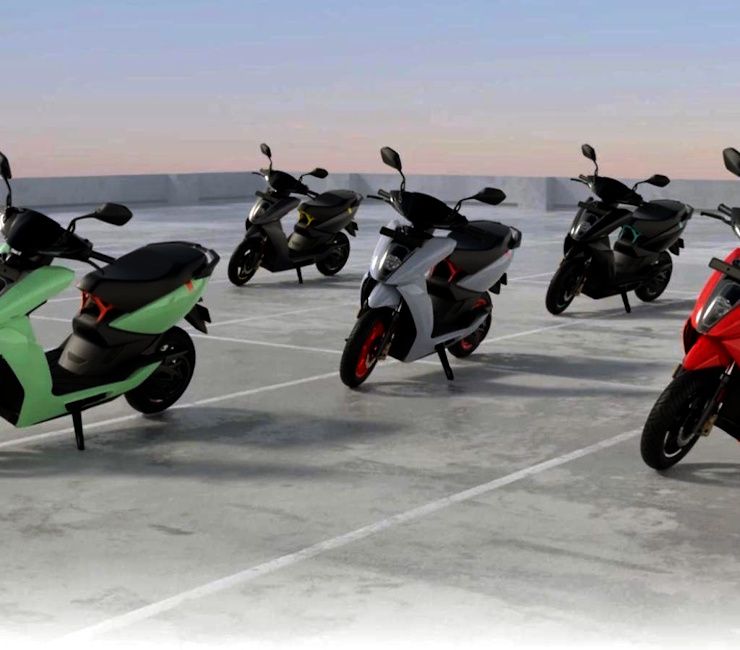Ather Rizta Electric Scooter Prices Drop To Rs. 75,999: BAAS Effect


Ather Energy’s latest pricing overhaul may shift the way electric scooters are bought and owned in India. With the introduction of Battery as a Service (BaaS), the Bengaluru-based company is aiming to bring down the high entry barrier that has deterred many potential EV buyers so far. This new structure separates the cost of the scooter from the battery, allowing customers to pay a lower price upfront and opt for a monthly battery usage subscription instead.

Under the BaaS model, the Rizta now starts at ₹75,999, while the 450 Series begins at ₹84,341. These are substantial reductions from the full-ownership prices of ₹1.05 lakh for the Rizta and ₹1.20 lakh for the 450S. The nearly 30 percent cut in initial pricing makes these models more accessible, particularly to cost-conscious buyers who may have previously stayed away due to the steep upfront investment.
Instead of buying the battery outright, customers sign up for a monthly battery subscription plan. The usage-based payment model is designed for a 48-month period, with a minimum commitment of 1,000 kilometres per month. Riders pay ₹1 per kilometre, meaning heavier users pay more, while light users benefit from lower running costs. This approach resembles mobile data plans, aligning vehicle usage with customer budgets.

The pricing model comes bundled with other additions that sweeten the deal. Buyers opting for BaaS get one year of free fast charging across Ather’s 3,300+ charging stations. This inclusion addresses a frequent concern among potential electric scooter buyers: where and how much it costs to charge.
In parallel, Ather has extended its Assured Buyback programme. It now guarantees up to 60 percent of the scooter’s value after three years and 50 percent after four. For buyers unsure about the long-term value of an EV scooter, especially in a rapidly evolving tech landscape, this adds a layer of financial security.
Further, Ather is offering an Extended Comprehensive Warranty (ECW) to AtherStack Pro customers. The five-year or 60,000-kilometre warranty covers not just the battery, but also 11 essential components including the motor, controller, charger, and dashboard. This could go a long way in reducing concerns about maintenance costs over time.

The timing of Ather’s announcement appears calculated. TVS and Bajaj have seen strong growth, with TVS reporting over 80 percent and Bajaj more than 150 percent year-on-year growth in June 2025. Ather, in turn, has announced plans to expand its retail network from 350 to 750 outlets by the end of the year.
By shifting the financial model and easing ownership concerns, Ather is trying to maintain relevance and regain lost ground. This isn’t an entirely new approach in the industry - Hero MotoCorp’s Vida brand already offers a battery subscription for its VX2 scooter. But Ather is targeting its existing premium lineup instead of launching a budget model, and includes more customer-facing benefits like charging access and long-term buyback assurance.
Operationally, the BaaS model gives Ather an extended relationship with its customers beyond the sale. It also helps the company gather battery usage data, monitor performance, and potentially influence product improvements or service offerings in the future. Importantly, it creates a recurring revenue stream instead of a one-time purchase model.
For customers, the BaaS model has both upsides and trade-offs. The lower upfront cost is the biggest draw. For riders who average under 1,000 kilometres per month, the running costs could remain predictable and manageable. However, for those with higher daily commutes, the monthly battery fee could add up, possibly making outright battery purchase a better long-term deal.
Ather’s success with this approach will likely depend on how customers adapt to the concept of subscription ownership and whether they see value in the bundled perks. The company’s ability to keep usage rates competitive and deliver on after-sales promises will also play a crucial role.